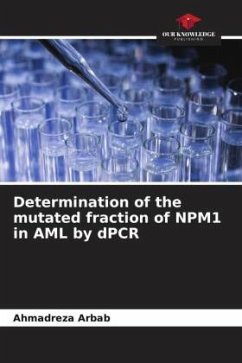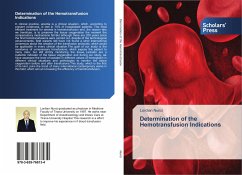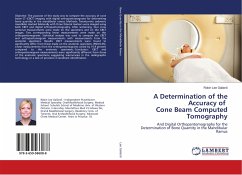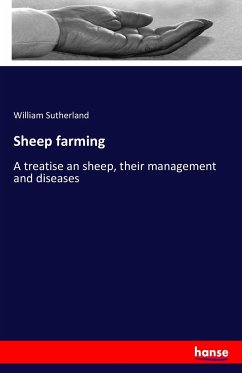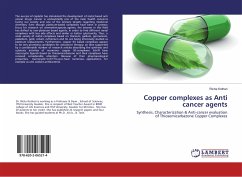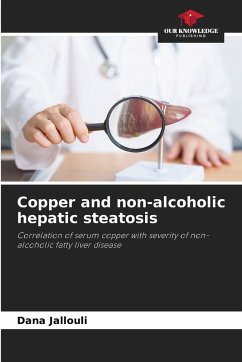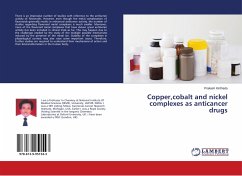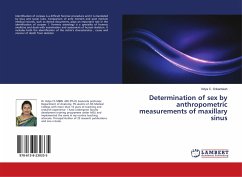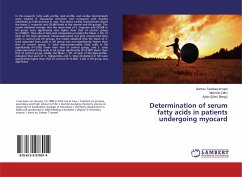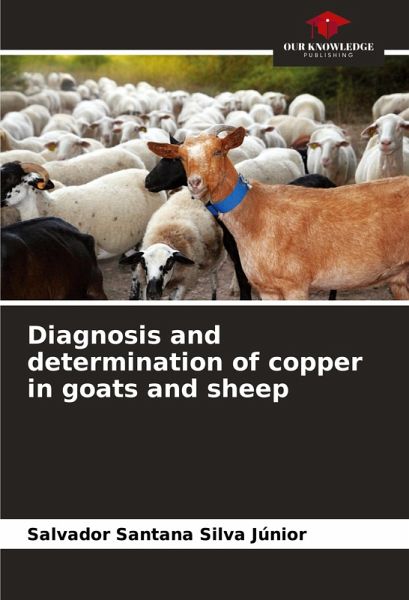
Diagnosis and determination of copper in goats and sheep
Versandkostenfrei!
Versandfertig in 6-10 Tagen
36,99 €
inkl. MwSt.

PAYBACK Punkte
18 °P sammeln!
Goat and sheep farming has always been considered a subsistence activity in the Northeast region of Brazil. However, the production of these ruminants has expanded and the Northeast has 90% of the country's goat herd and 56.7% of the sheep herd, but with very low zootechnical indices, as they are limited by nutritional and sanitary deficiencies. Among the main causes of the herd's low productivity is inadequate quantity and quality nutrition, especially during the dry season, when there is a drop in forage production, associated with mineral deficiencies in the soil and vegetation. Reports of ...
Goat and sheep farming has always been considered a subsistence activity in the Northeast region of Brazil. However, the production of these ruminants has expanded and the Northeast has 90% of the country's goat herd and 56.7% of the sheep herd, but with very low zootechnical indices, as they are limited by nutritional and sanitary deficiencies. Among the main causes of the herd's low productivity is inadequate quantity and quality nutrition, especially during the dry season, when there is a drop in forage production, associated with mineral deficiencies in the soil and vegetation. Reports of mineral deficiencies have been recorded in several states in the Northeast region, such as copper, cobalt, zinc, manganese and iron in the states of Maranhão, Piauí, Ceará, Sergipe and Bahia. Copper deficiency can occur due to a lower supply of this microelement in the diet or the occurrence of antagonizing elements that reduce its availability, such as sulphur, iron and molybdenum. Copper supplementation is necessary in areas proven to be deficient in this element in order to avoid the occurrence of enzootic ataxia in kids and lambs.





